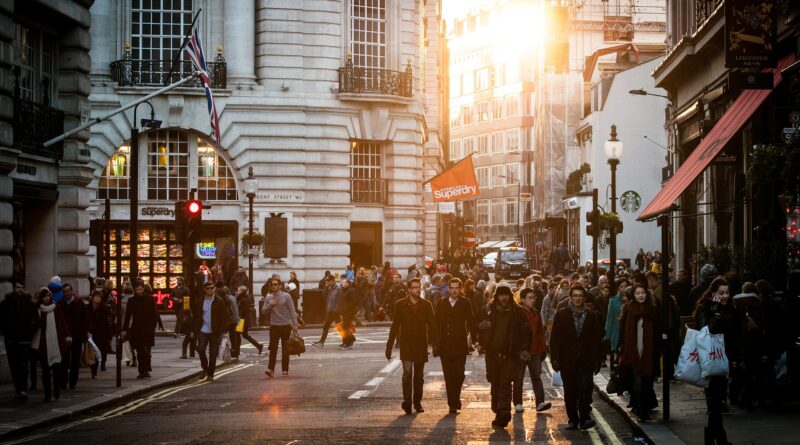How much does the water heater consume (both electricity and water)
There are various solutions for bringing hot water into homes.
One of the most used is the installation of a boiler or a heater but many also use a water heater.
This system, which operates much more simply than the boiler, is however often criticized for its excessive consumption of electricity, given that the water is heated by a resistor which is activated by electricity and not by gas like the boiler.
Water heaters are also criticized for their excessive water consumption.
Here is the truth about the consumption of a water heater on both the electrical and water sides.
How much does an electric water heater consume An electric water heater is a very simple system compared to the classic boiler.
It allows you to heat water not by consuming gas, but by using a law of physics known as the Joule effect by which the electrical energy flowing through a resistor generates heat.
The electricity then powers a resistance which heats up with the passage of current and when in contact with the water it gives off heat, heating it.
In this way it can supply hot water to the domestic system without using gas.
There are two types of electric water heater: electric water heater with boiler: in this case there is a tank where the water accumulates and is kept at a constant temperature between 30 and 60° thanks to a thermostat.
In this way you always have a reserve of hot water available; instantaneous electric water heater: the system heats the water only when required and is suitable for small homes where there are no major demands.
How much do they consume? the consumption of an electric water heater depends on various factors such as the number of sampling points, the size of the house, the number of people and their habits.
Let's say that for an average family of 4-6 people, the consumption of the electric water heater can be around 1,400-1,800 kWh per year, taking into account a storage model with an 80 liter boiler.
At current rates we are talking about around 240-270 euros per year.
read also Boiler replacement: incentives and tax advantages to know How much a heat pump water heater consumes The heat pump water heater represents one of the best solutions on the market for providing a home with hot water.
Compared to an electric water heater it has better performance in terms of consumption.
Its operation is based on a compression and expansion cycle of R134A gas.
This gas is compressed using a small electric compressor and circulated through a resistor to capture heat from the outside air.
Subsequently, the gas passes through an expansion valve and releases the heat captured from the outside towards the boiler.
The electric current is therefore not used to heat the water directly, but only to operate the compression and expansion cycle.
Through this system the heat pump can be much more efficient than an electric water heater and consumes much less.
It is estimated that consumption is reduced by 65% compared to a traditional boiler.
The annual consumption for normal use of the heat pump water heater is around 620 kWh which at current rates means around 90-100 euros per year.
Therefore it represents a more economical solution than the classic water heater.
How Much Water Does a Water Heater Use The size of a water heater depends on the household.
Generally there are small 20-30 liter ones for families of up to two people, up to 80 liter ones which are widely used for medium families of 4-5 people.
For larger families we can also go up to 100 liter water heaters.
Based on the size of the water heater we can also define the water consumption which obviously also depends on the use of hot water during the day.
On average a person uses from 20 to 40 liters of hot water per day which makes an average of 120 liters per household.
Tips for saving Having said that the heat pump solution represents the best choice from an electricity consumption point of view, there are some tips to follow in order to pay less.
First of all, during the purchase phase, the advice is to opt for high-efficiency devices with energy class A or higher.
It is then important to choose the correct device based on the size of the building.
Furthermore, the water heater must be turned off when not needed, it is necessary to carry out periodic maintenance and regulate the water temperature well, around 40°C in summer and 60°C in winter.
Also limit the waste of water by avoiding letting it flow unnecessarily.




